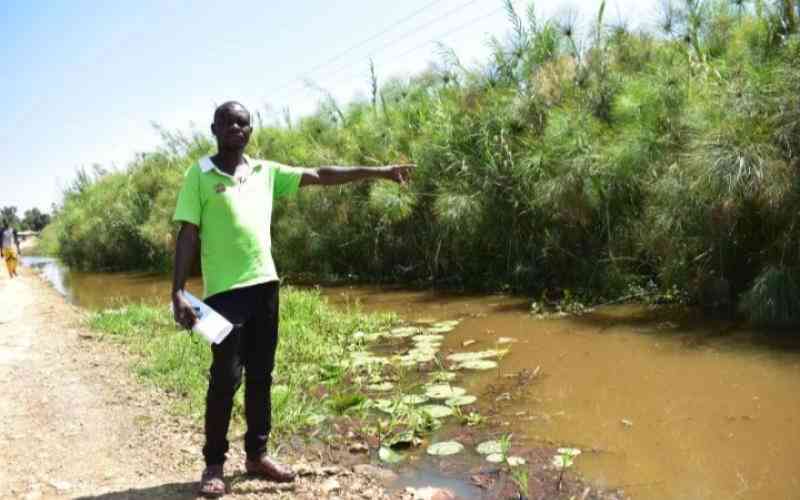×
The Standard e-Paper
Home To Bold Columnists

Audio By Vocalize

Attempts by the United Nations to reach a consensus on a global treaty to end plastic pollution failed after a week of negotiations.
Over 500 proposals were submitted by governments, and participants in the stalled negotiations to deliver the world's first treaty on plastic pollution.
